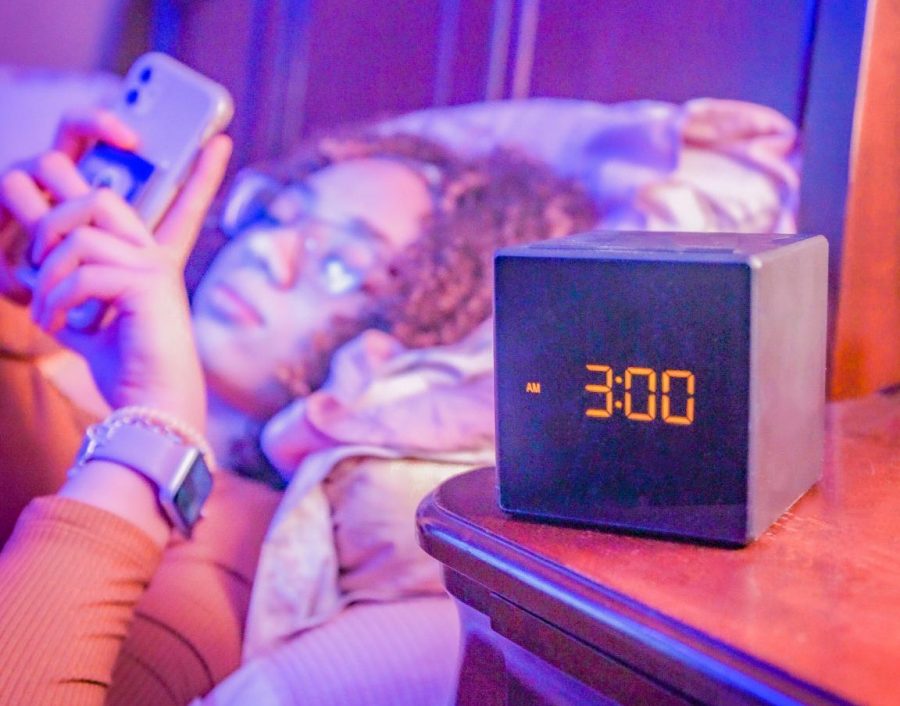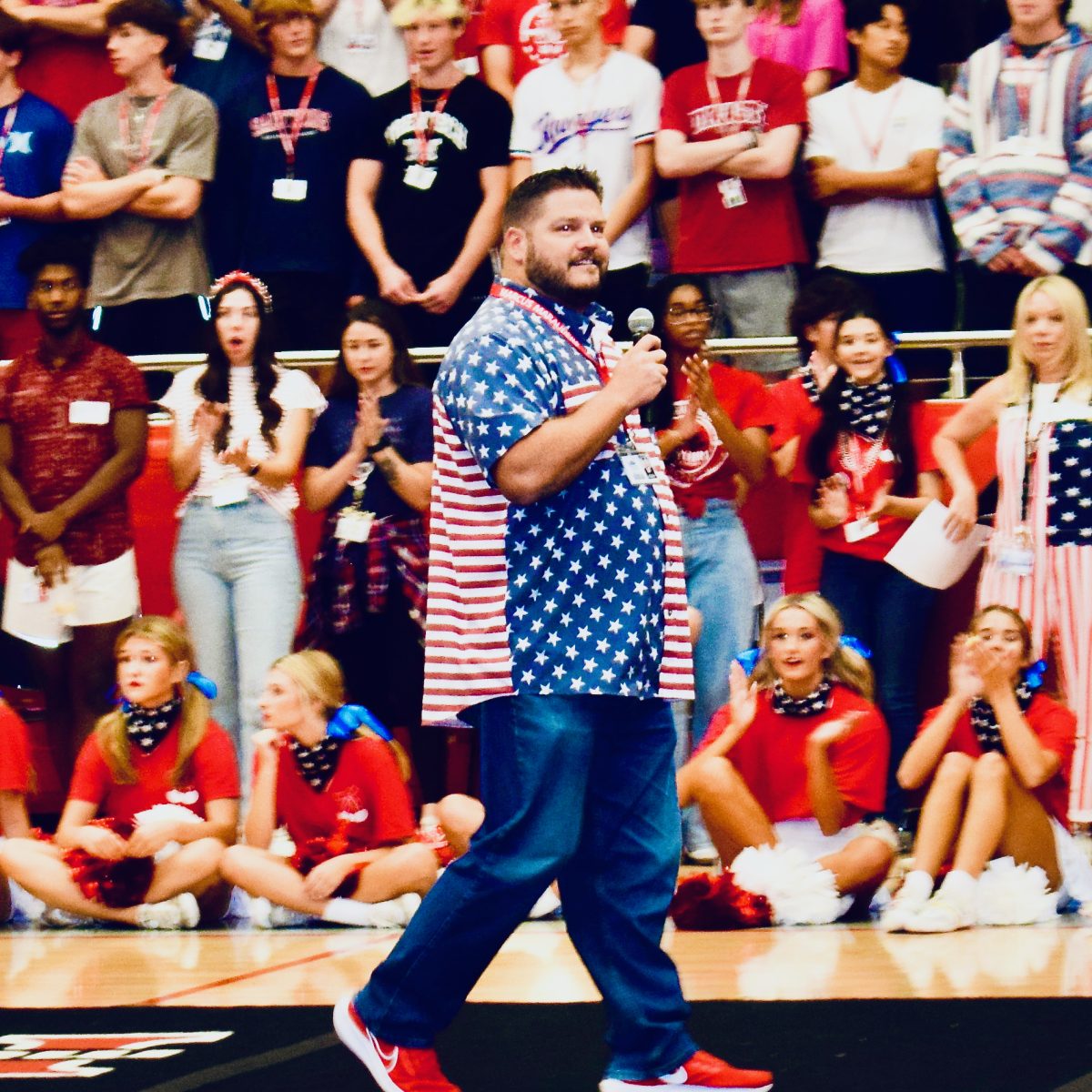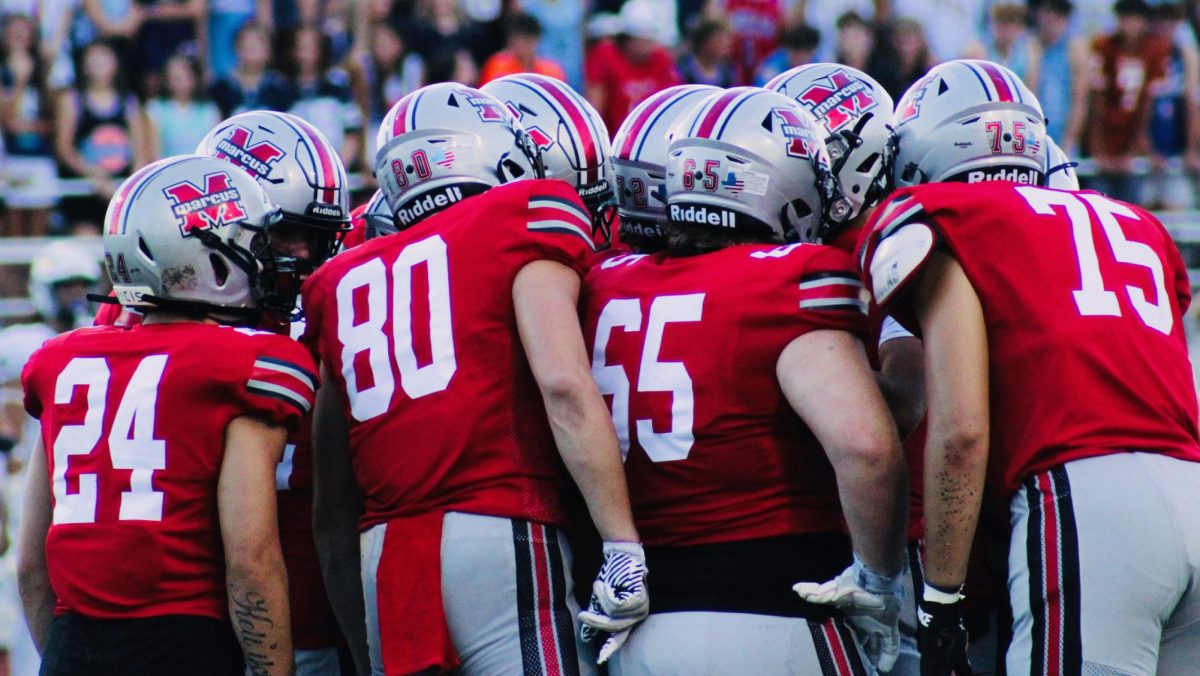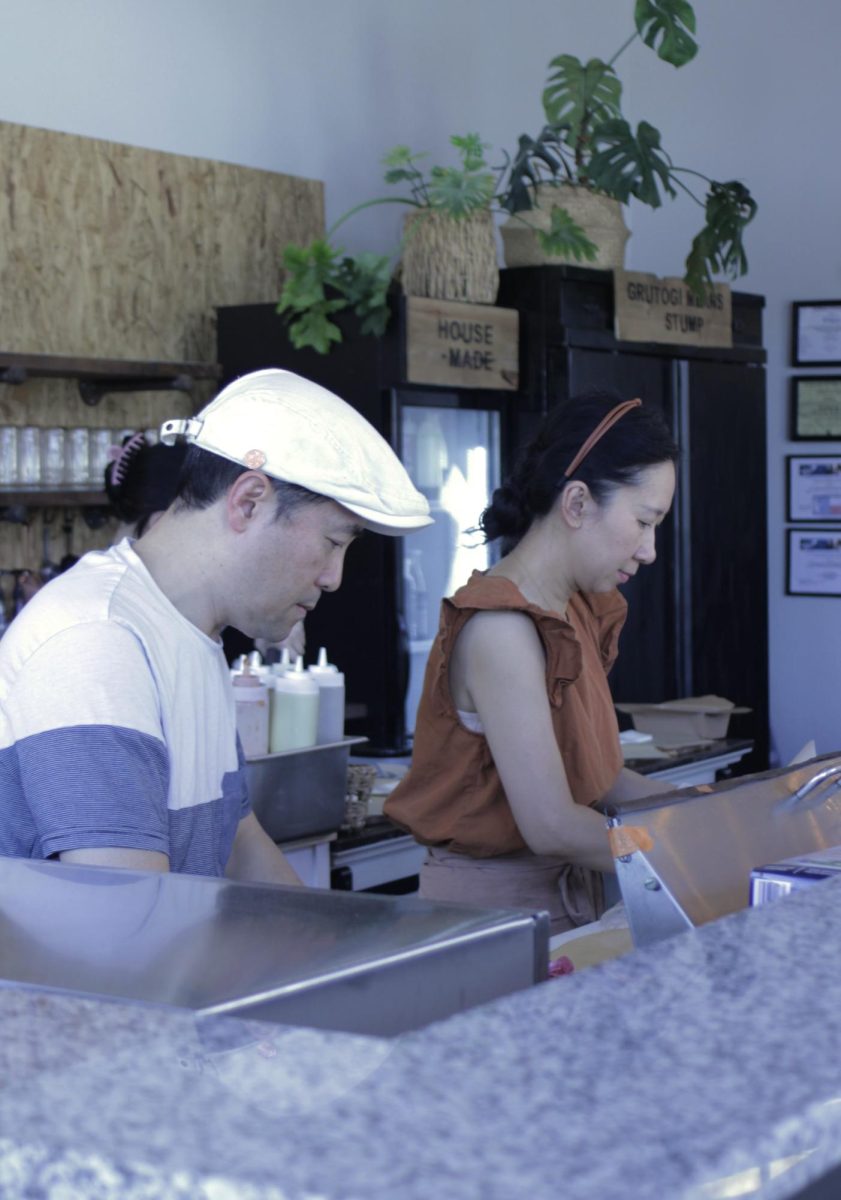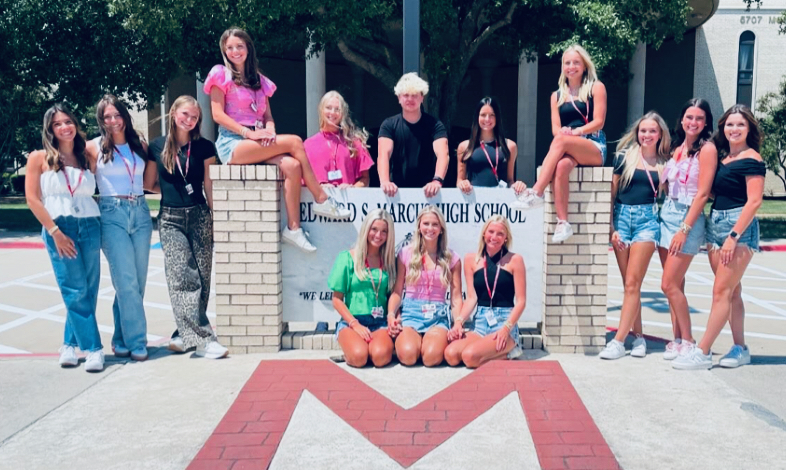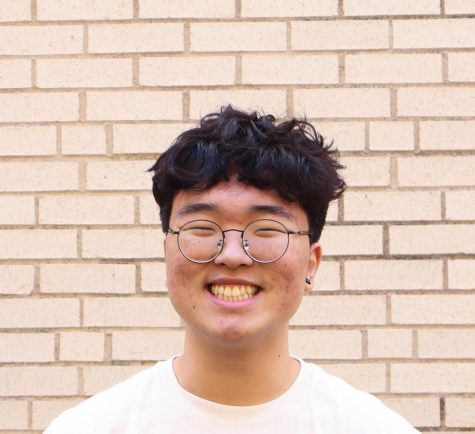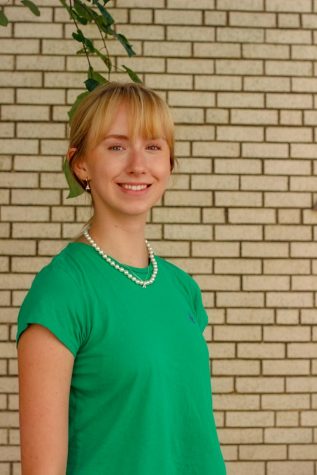As the school day starts, students shuffle into their first period classes. Many bring coffee or sugary energy drinks to help treat their lack of sleep the night before. This issue isn’t unique to this school.
A CDC analysis of a poll found that 72.7 percent of high schoolers said they get fewer than the recommended 8 hours of sleep.
AP Psychology teacher Amanda Vara said she often notices her sleep deprived students falling asleep in class. When she taught middle school, she was stricter about students falling asleep.
“I would always have to wake students up, and be like, “you need to stay awake,” Vara said. “But now that I’m [teaching] in high school, I understand more where they’re coming from.”
Why teens can’t sleep
Several issues keep students up at night, from assignments to jobs to extracurriculars.
Senior Suhani Gajera says that when she started ninth grade, it was difficult to adjust because of how demanding high school classes were.
“In middle school, I remember it wasn’t anything compared to high school,” Gajera said.
Senior Nicole Shokry said her sleep schedule worsened her junior year because of the demanding workload of her dual credit classes.
“I felt like I had to stay up to finish my work, and if I couldn’t finish my work, I’d just be tired the next day,” Shokry said.
In 2014, The American Academy of Pediatrics declared teen sleep deprivation a national epidemic.
Sophomore Ava Cherry said she can feel when she doesn’t get enough rest.
“I always have dark circles under my eyes, but they get even more intense when I don’t sleep and I can’t really focus,” Cherry said.
Effects of technology
Technology is also a proven cause of sleeplessness. According to The National Sleep Foundation, 57 percent of teens who use technology in their bedrooms suffer from insomnia. The foundation’s poll also found that almost 30 percent of high schoolers leave their phones on while sleeping and report being awakened at night by texts, calls, or emails.
Senior Colin MacFarland said that he thinks because teens have such busy schedules, night is the only time they have to themselves.
“Definitely there’s homework, but I think also there’s the fact that people need to unwind after working all day so they might be on their phone for a while,” MacFarland said.
Vara said phones cause the biggest impact on how students sleep.
“With any kind of notification that we get for a text message or something on Snapchat, when we see that we get a message, we want to press it to see what’s going on,” Vara said. “And in a way, pressing it is a reward. That could go on all night.”
During the day
Vara says that sleep has a relationship to performance in school.
“I know that in sleep, the REM stage, which is our dreaming stage, is so important for our mental well being, for memory, for learning, for concentration, all of those things,” Vara said.
Some don’t sleep to stay up studying or quickly cramming for a quiz or test but one study found that after 17 to 19 hours without sleep, participants performed worse than someone with a blood alcohol level of .05 percent.
Then after even more hours without sleep, their performance was similar to people with a blood alcohol level of .1 percent (.02 percent higher than the drunk driving limit in the U.S.).
Sophomore Violet Snyder said she has trouble paying attention and focusing in class when she doesn’t sleep enough.
“I hear what the teacher’s saying, but I can’t connect it,” Snyder said.
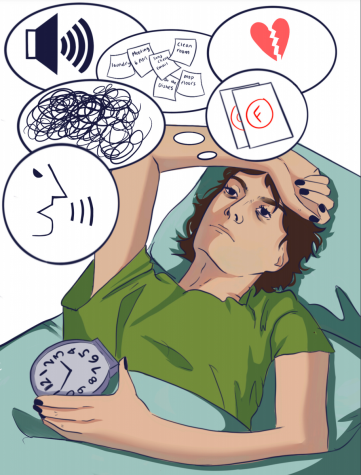
Senior Colin MacFarland said when he doesn’t have enough rest he is “very quick to anger, tired obviously, and I just can’t really think about anything.”
Because of inadequate sleep, many teens turn to caffeine, sometimes in excess, to keep them awake during the school day. The American Academy of Pediatrics recommends that adolescents don’t consume energy drinks, but 30 to 50 percent reported drinking them.
Vara said the effects of caffeine products can cause students to develop unhealthy dependencies.
“When you keep putting caffeine in your body, it goes to your brain. Your brain’s like, “Oh wow, I need to do something with this. I need to create more receptors for this chemical and so it does,” Vara said. “And then you need more of that caffeine to make up for that, to feel the way you felt even before.”
How to get better sleep
Even if students try sleeping the recommended 8-9 hours, it isn’t an immediate fix for prior sleep issues. A 2016 study found that it takes four days to fully recover from an hour of lost sleep.
While it may be difficult for most students to have a consistent sleep schedule, Vara said they can make small changes to their routine for better rest.
“I would just encourage young people to challenge themselves to make a goal of an earlier bedtime, or waking up earlier on weekends,” Vara said.




